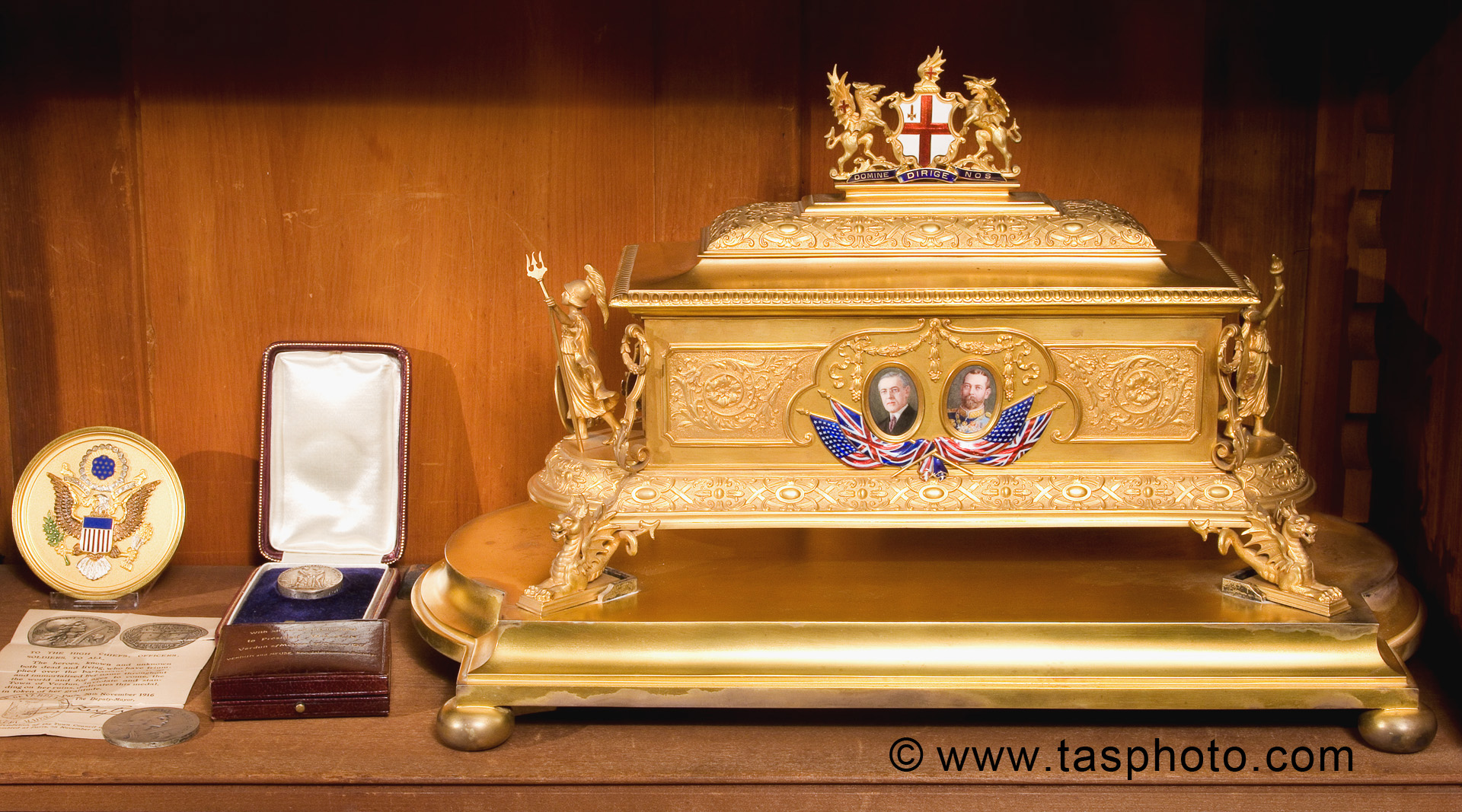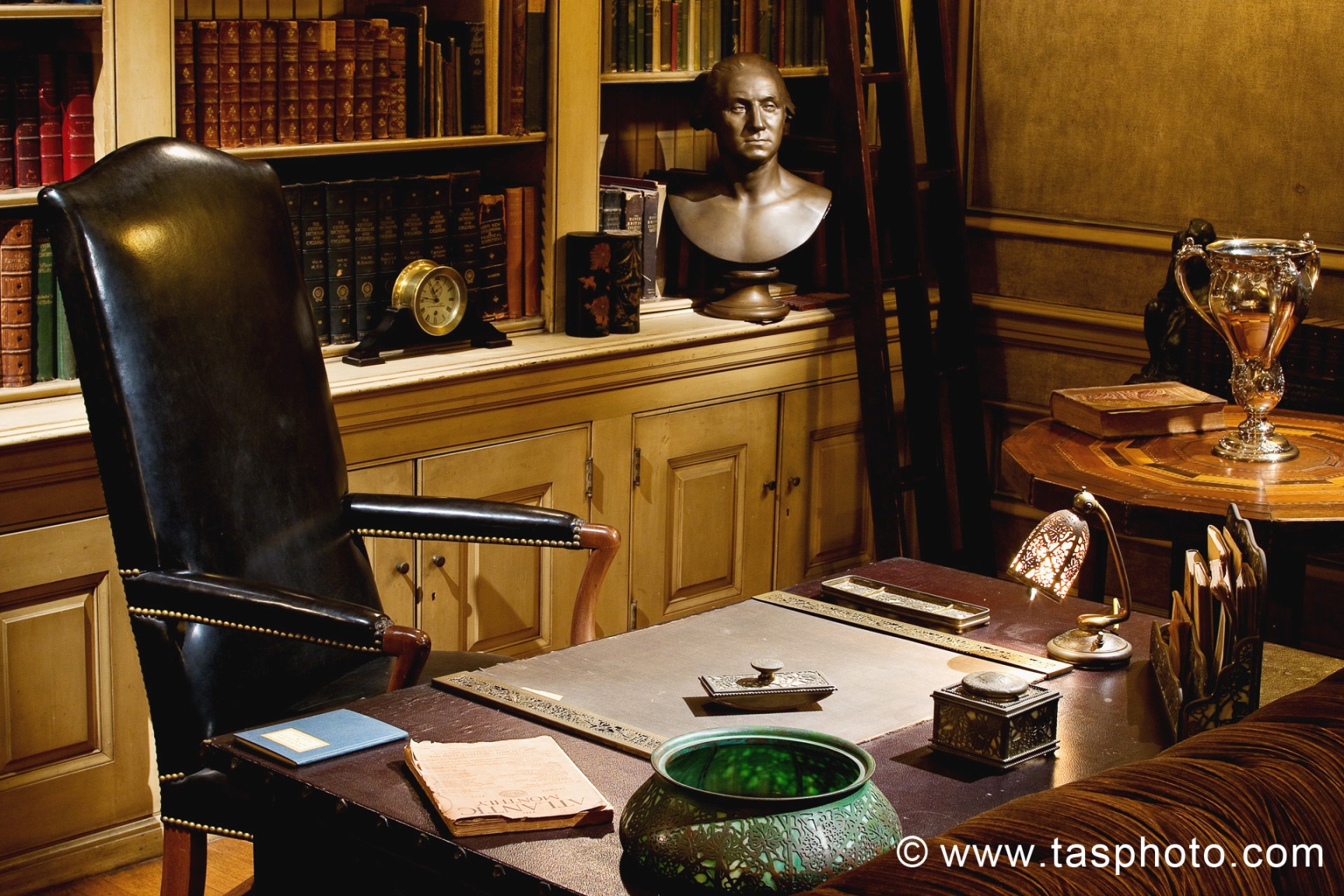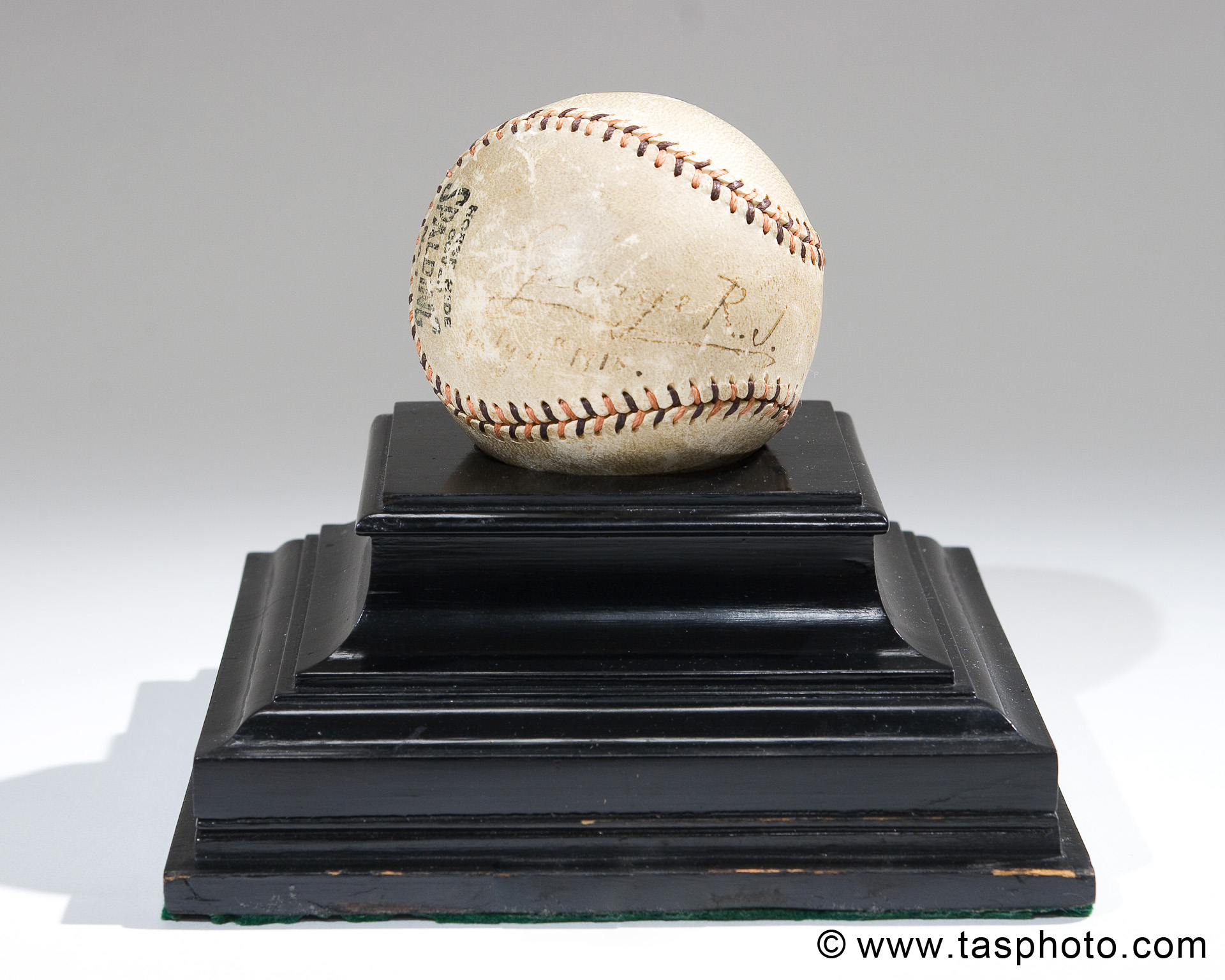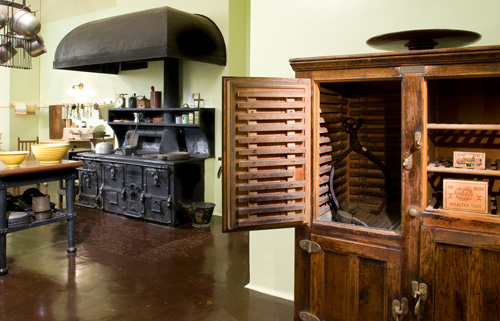The Speakeasy Bash,
a fun event inviting the public of the year 2014 to take a step back into
history and learn about the Prohibition era, is taking place at The President Woodrow
Wilson House Thursday, February 13, 2014.
Our 28th President Woodrow Wilson opposed the 18th
Amendment and the Volstead Act, which created Prohibition and went into effect
in 1920. Specifically, the amendment prohibited the manufacturing,
transportation and sale of alcohol in the United States of America. Wilson vetoed the Volstead Act claiming that
the act was unenforceable, but the veto was overridden by Congress in the next
day.
Wilson left office after two terms as President in 1921 and moved to his home on 2340 S St NW in Washington, DC. He received special permission from Congress to transport his wine along with the rest of his belongings from the White House to his new private residence. Wilson’s presidential successor was Warren Harding, who transported alcohol into the White House without permission. This shows that Wilson could have gotten away with transporting alcohol, but that upholding the integrity of the government and following the rules was important to him even though he did not necessarily agree with them.
Wilson left office after two terms as President in 1921 and moved to his home on 2340 S St NW in Washington, DC. He received special permission from Congress to transport his wine along with the rest of his belongings from the White House to his new private residence. Wilson’s presidential successor was Warren Harding, who transported alcohol into the White House without permission. This shows that Wilson could have gotten away with transporting alcohol, but that upholding the integrity of the government and following the rules was important to him even though he did not necessarily agree with them.
 |
| Dancing in a jazz club, Credit: Wikipedia |
Where was the integrity of the country during this time? Long gone. People found many ways to ignore the new laws and go about their drinking. The upper classes were less affected by prohibition that the lower classes, as the wealthy often had their own wine cellars in place before the beginning of prohibition and had more money to pay off people who could get them illegal alcohol. There was more opportunity for them to drink under the radar.
Still, the
excitement of opposing prohibition was enjoyed by most across the nation, no
matter the social class. The lower-class
establishments were commonly called ‘blind tigers’ or ‘blind pigs’, while the
high-class establishments that we romanticize today became known as…you guessed
it…’speakeasies’. These establishments provided a place for people to drink, dance,
and escape the hard times of their lives, as well as allowing them a place to
flirt with danger. The defiance of
society at the time became the part of the culture we today call iconic.
 |
| Costumed guests at the Speakeasy Bash! |
What would Woodrow Wilson say about having a speakeasy at his house? We know he was against prohibition, but we also know he followed the government’s rules. Let us know what you think Wilson would have said in the comments below, and make sure to pick up your tickets for the Speakeasy Bash here!
-Bethany
Hagen





No comments :
Post a Comment